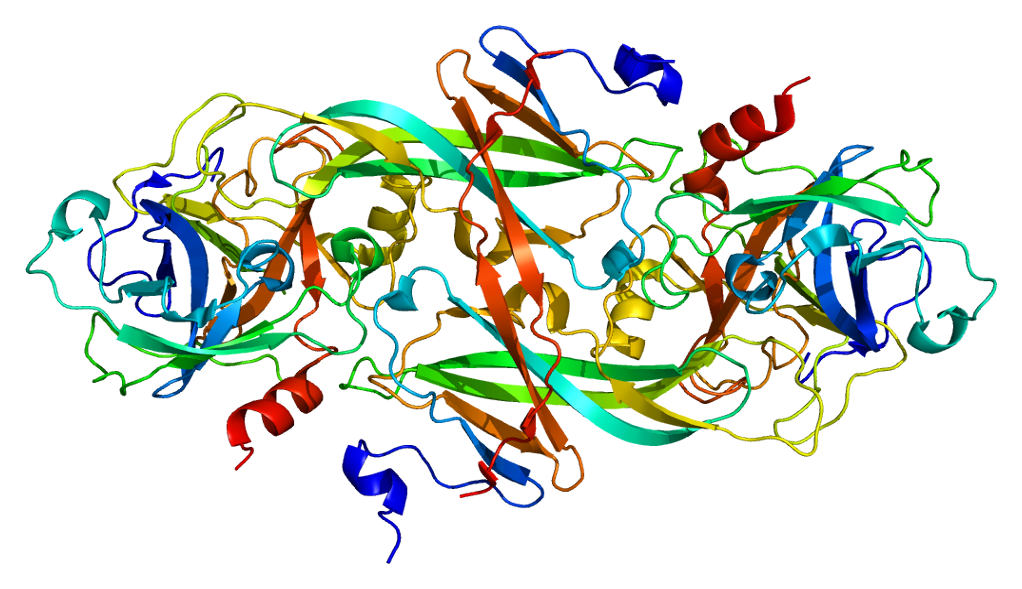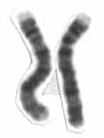Haemophilia C

Editor-In-Chief: Prab R Tumpati, MD
Obesity, Sleep & Internal medicine
Founder, WikiMD Wellnesspedia &
W8MD's medical weight loss NYC, sleep center NYC
Philadelphia medical weight loss and Philadelphia sleep clinics
| Haemophilia C | |
|---|---|

| |
| Synonyms | Factor XI deficiency, Rosenthal syndrome |
| Pronounce | |
| Specialty | Hematology |
| Symptoms | Bleeding |
| Complications | Hemorrhage |
| Onset | Varies |
| Duration | Lifelong |
| Types | |
| Causes | Genetic mutation |
| Risks | Family history |
| Diagnosis | Blood test |
| Differential diagnosis | Haemophilia A, Haemophilia B |
| Prevention | None |
| Treatment | Fresh frozen plasma, Antifibrinolytics |
| Medication | |
| Prognosis | Generally good with treatment |
| Frequency | Rare |
| Deaths | |



Haemophilia C is a rare genetic disorder that affects the blood's ability to clot. It is also known as Factor XI deficiency or Rosenthal syndrome. This condition is caused by a deficiency of a protein called Factor XI, which is necessary for blood clotting.
Symptoms[edit]
The symptoms of Haemophilia C can vary greatly among individuals. Some people may have no symptoms, while others may experience severe bleeding. Common symptoms include:
- Nosebleeds
- Bleeding gums
- Easy bruising
- Prolonged bleeding from cuts
- Heavy menstrual bleeding in women
- Bleeding into joints and muscles
Causes[edit]
Haemophilia C is caused by mutations in the F11 gene, which provides instructions for making Factor XI. This protein plays a crucial role in the coagulation cascade, a series of chemical reactions that forms blood clots in response to injury. Mutations in the F11 gene reduce the amount or activity of Factor XI, leading to the bleeding problems characteristic of Haemophilia C.
Diagnosis[edit]
Diagnosis of Haemophilia C is based on a blood test that measures the amount of Factor XI in the blood. A low level of Factor XI is indicative of Haemophilia C.
Treatment[edit]
Treatment for Haemophilia C typically involves replacing the missing Factor XI. This can be done through infusions of plasma or Factor XI concentrate. In some cases, antifibrinolytic drugs may be used to help prevent bleeding.
See also[edit]
References[edit]
<references />
Ad. Transform your life with W8MD's Budget GLP-1 injections from $49.99


W8MD offers a medical weight loss program to lose weight in Philadelphia. Our physician-supervised medical weight loss provides:
- Weight loss injections in NYC (generic and brand names):
- Zepbound / Mounjaro, Wegovy / Ozempic, Saxenda
- Most insurances accepted or discounted self-pay rates. We will obtain insurance prior authorizations if needed.
- Generic GLP1 weight loss injections from $49.99 for the starting dose of Semaglutide and $65.00 for Tirzepatide.
- Also offer prescription weight loss medications including Phentermine, Qsymia, Diethylpropion, Contrave etc.
NYC weight loss doctor appointmentsNYC weight loss doctor appointments
Start your NYC weight loss journey today at our NYC medical weight loss and Philadelphia medical weight loss clinics.
- Call 718-946-5500 to lose weight in NYC or for medical weight loss in Philadelphia 215-676-2334.
- Tags:NYC medical weight loss, Philadelphia lose weight Zepbound NYC, Budget GLP1 weight loss injections, Wegovy Philadelphia, Wegovy NYC, Philadelphia medical weight loss, Brookly weight loss and Wegovy NYC
|
WikiMD's Wellness Encyclopedia |
| Let Food Be Thy Medicine Medicine Thy Food - Hippocrates |
Medical Disclaimer: WikiMD is not a substitute for professional medical advice. The information on WikiMD is provided as an information resource only, may be incorrect, outdated or misleading, and is not to be used or relied on for any diagnostic or treatment purposes. Please consult your health care provider before making any healthcare decisions or for guidance about a specific medical condition. WikiMD expressly disclaims responsibility, and shall have no liability, for any damages, loss, injury, or liability whatsoever suffered as a result of your reliance on the information contained in this site. By visiting this site you agree to the foregoing terms and conditions, which may from time to time be changed or supplemented by WikiMD. If you do not agree to the foregoing terms and conditions, you should not enter or use this site. See full disclaimer.
Credits:Most images are courtesy of Wikimedia commons, and templates, categories Wikipedia, licensed under CC BY SA or similar.
Translate this page: - East Asian
中文,
日本,
한국어,
South Asian
हिन्दी,
தமிழ்,
తెలుగు,
Urdu,
ಕನ್ನಡ,
Southeast Asian
Indonesian,
Vietnamese,
Thai,
မြန်မာဘာသာ,
বাংলা
European
español,
Deutsch,
français,
Greek,
português do Brasil,
polski,
română,
русский,
Nederlands,
norsk,
svenska,
suomi,
Italian
Middle Eastern & African
عربى,
Turkish,
Persian,
Hebrew,
Afrikaans,
isiZulu,
Kiswahili,
Other
Bulgarian,
Hungarian,
Czech,
Swedish,
മലയാളം,
मराठी,
ਪੰਜਾਬੀ,
ગુજરાતી,
Portuguese,
Ukrainian


